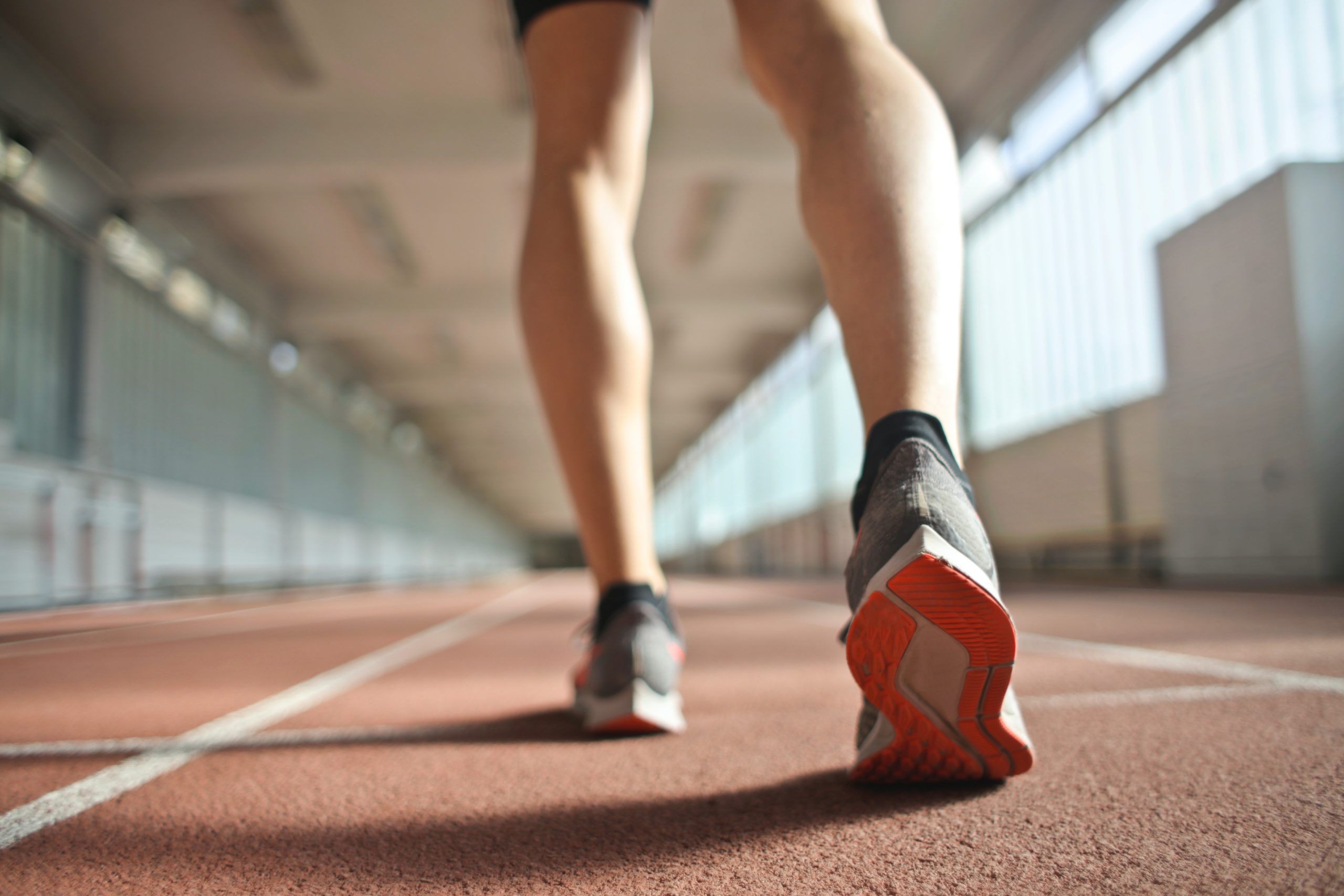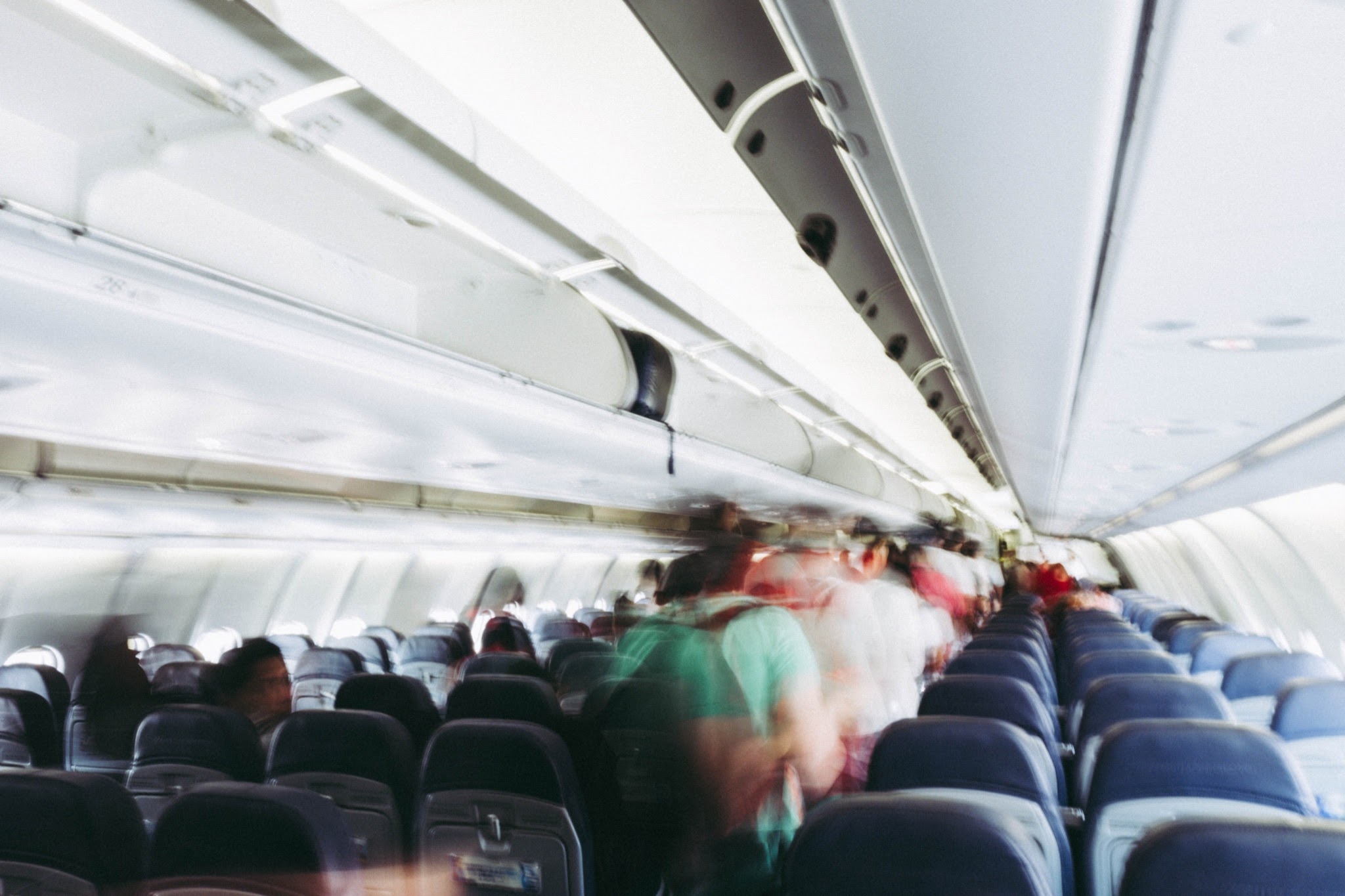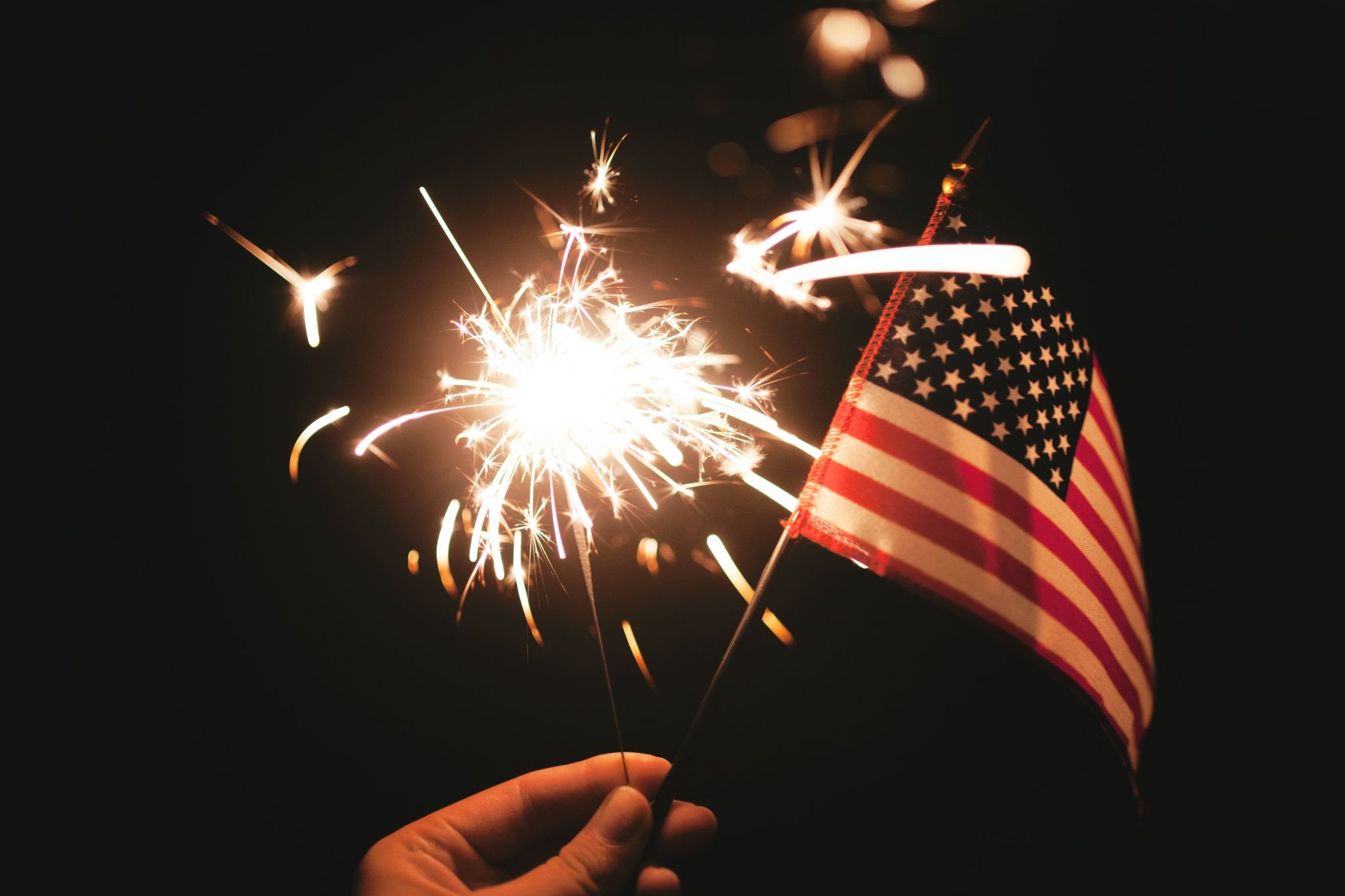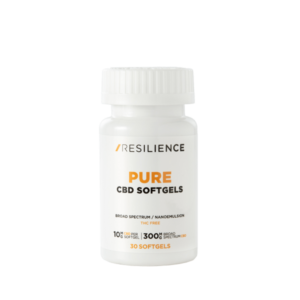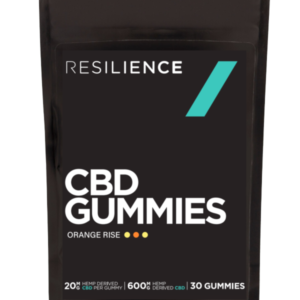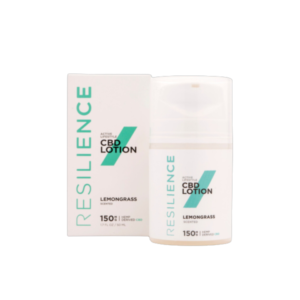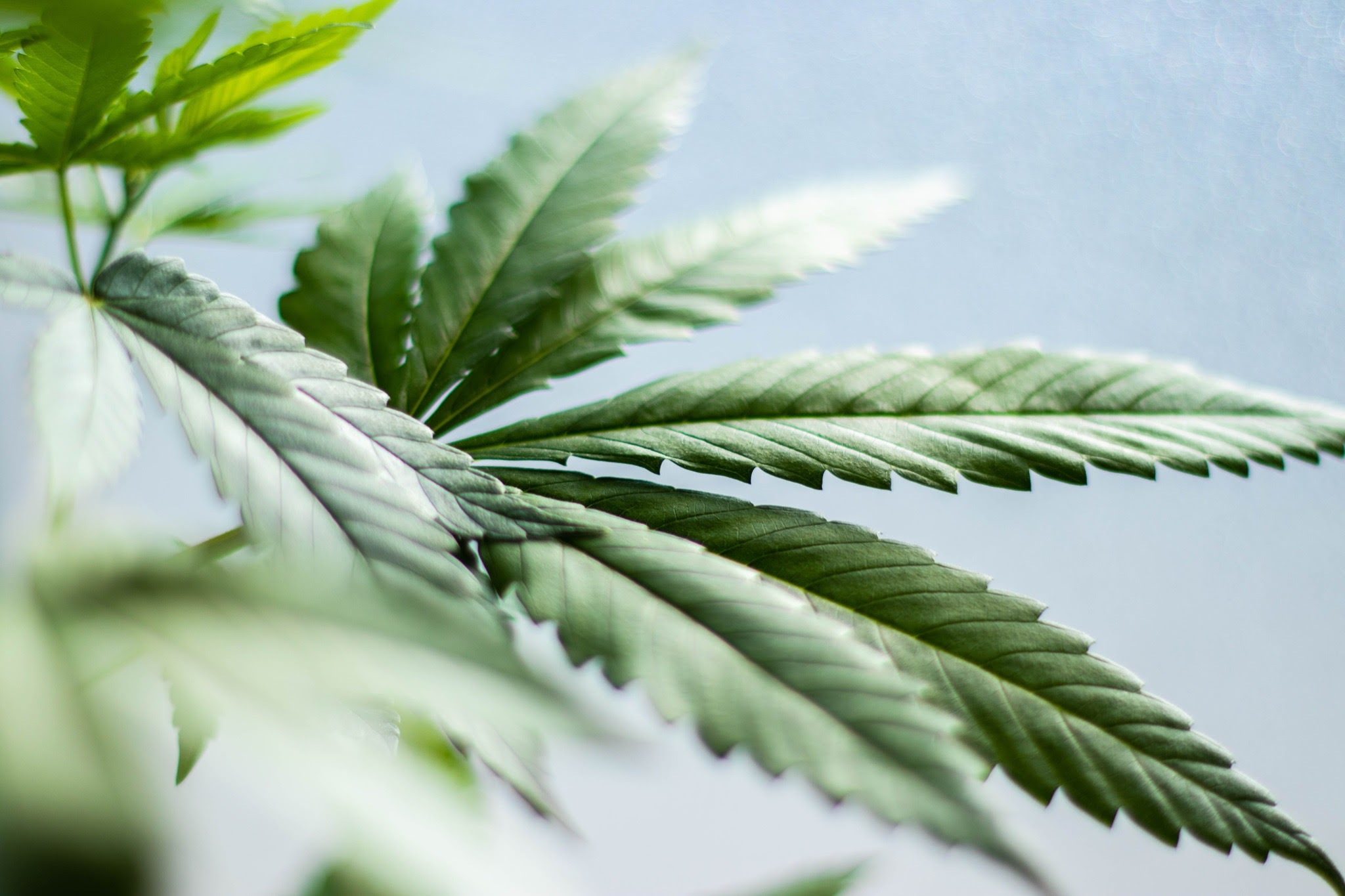
If you’re an athlete looking to supercharge your recovery, release built-up stress and tension, or better support your sleep, then you’re probably familiar with the buzz around CBD products.
But if you’re new to this world, you might be thinking, wow, cannabis sativa! Won’t that get me high?
Short answer: no. Longer answer: although CBD comes from the cannabis plant, just like THC (which does get you high), there are several prominent differences between CBD and THC—differences that place each cannabinoid firmly in its own lane.
We’ll discuss CBD vs THC so you can be fully prepared to make an informed choice about your health and wellness.
Key Takeaways:
- CBD and THC come from the same source—the cannabis plant—but have different chemical compositions and interactions with the body.
- THC will get you high. CBD won’t.
- CBD provides several impactful benefits for an active lifestyle.
One Major Similarity: THC and CBD Are Both Cannabinoids
You may be wondering, can you get high off of CBD oil? Before we explain what CBD is, let’s be very clear about what it’s not: CBD is not the same as THC. In fact, to be sold and classified as hemp-based CBD, a product is not allowed to contain more than 0.3% THC. It literally can’t be the same as THC (not legally, anyway). Marijuana, on the other hand, may have as much as 35% THC.
However, there is one significant similarity: they’re both cannabinoids, meaning they come from the cannabis sativa plant.
To understand their relationship, we need to look more closely at this intriguing plant. The cannabis plant contains more than 100 unique chemical compounds known as phytocannabinoids. As UCLA notes:
The most well-known cannabinoid is delta-9-tetrahydrocannabinol (THC), which is responsible for the “high” of cannabis and can have different effects on perception, mood, emotion, cognition, and motor function. But there are also cannabinoids like cannabidiol (CBD) which are non-psychoactive yet have been demonstrated to possess medically useful properties.
Until the last decade or so, THC was the most well-known compound in the cannabis plant, seeing as it’s the most active cannabinoid with the most pronounced effects. But lately, it’s taken a back seat to the newcomer, CBD.
So, if they’re chemically related and come from the same plant, why do they produce such different effects?
That’s due to their dissimilar interactions with the endocannabinoid system (ECS).
What Is the ECS?
The human body is so complex and interconnected that scientists are still arriving at new conclusions and discoveries with each passing year.
Recently, studies on CBD vs THC have helped explain the endocannabinoid system (ECS)—a complex, cell-signaling system that’s composed of three distinct parts:
- Endocannabinoids – These are neurotransmitters made within the body (endo meaning “internal” or “within”) that bind to cannabinoid receptors throughout the central and peripheral nervous systems.
- Cannabinoid receptors (CB1 & CB2) – These receptors interact with both endocannabinoids and exogenous cannabinoids (exo naturally meaning “from outside”) to help regulate various bodily functions like mood, memory, motor function, and immune system responses.
- Enzymes – Enzymes are proteins that act as a catalyst for a bodily process; in this case, they metabolize and break down endocannabinoids.
The ECS helps regulate the body, ensuring that everything is functioning as it should be. Modern discoveries have revealed that both CBD and THC can interact with the ECS, though they do so in different ways and with different results.
THC, CBD, and the ECS
THC—a psychotropic cannabinoid—is the most prominent cannabinoid found in cannabis. It’s responsible for the psychoactive effect and tell-tale high.
When THC is smoked, vaped, or ingested, it binds directly to a CB1 receptor. In doing so, it stimulates brain cells, causes dopamine release, and creates several well-known side effects like:
- Hunger
- Relaxation
- Short-term memory loss
- Euphoria
- Decreased motor skills
- Drowsiness
CBD doesn’t interact with the ECS in the same way. Instead of attaching directly to CB1 receptors, it simply stimulates them, which creates a calming effect on the ECS and provides numerous health benefits.
One Major Difference: CBD Is Legal, THC Less So
A significant difference between THC vs. CBD is the fact that CBD is legal nationwide, whereas the sale of THC is limited on a state-by-state basis.
In 2018, Congress passed a revision of the Farm Bill. Of the many changes, there was a reclassification of CBD, which legalized hemp-based CBD for cultivation, transport, therapy, and sale.
The bill finally recognized and differentiated industrial hemp from other cannabis plants by setting limits on THC content. According to the Brookings Institute:
Industrial hemp cannot contain more than 0.3 percent THC, per section 10113 of the Farm Bill. Any cannabis plant that contains more than 0.3 percent THC would be considered non-hemp cannabis—or marijuana—under federal law and would thus face no legal protection under this new legislation.
Although marijuana is quickly catching up to CBD in terms of legalization, it’s not universally there yet. Currently, 37 of the 50 states allow for some form of marijuana use, be it medicinal or recreational. Furthermore, driving high in a recreational state will still result in a DUI. In contrast, it’s safe and legal to drive after taking CBD based on how it affects the peripheral and central nervous system.
Another Big Difference: Holistic Benefits of CBD
Many people self-medicating with marijuana think the weed is what’s helping them. But recreational cannabis doesn’t just contain THC—it has an entire profile of natural cannabinoids, including CBD. More likely than not, the CBD is working its magic while the THC simply produces a much more noticeable change in perception.
CBD won’t get you high, but it can be used for several different health purposes.
#1 Deep and Restful Sleep Support
Sleep is a critical tool for recovery, both in terms of athletic performance and general everyday functioning. A good night’s sleep usually leaves you energized for the next day, in a more uplifted mood, and with increased concentration and productivity levels.
There’s no good reason to miss out on this much-needed nightly reset (especially if the current reason is a racing mind or nighttime restlessness).
Many people turn to CBD to help them relax and catch those much-needed ZZZs. By taking a sleep-centric CBD product—one that has additional sleep-promoting ingredients like melatonin—you can put your mind and body at ease to stop counting sheep and start falling asleep.
#2 Physical Discomfort Relief
Performing at the top of your game day in and day out takes serious maintenance, rest, and self-care. For athletes, recovery is just as important to the routine as the workout itself.
With CBD, you can get the best of both worlds by using both CBD oil and topicals like balms and lotions. Together, they can bring direct and instant relief to sore joints and muscles, particularly when you choose products filled with other natural recovery ingredients like:
- Eucalyptus
- Rosemary
- Menthol
- Arnica
- Shea butter
CBD can be especially effective at combating delayed onset muscle soreness (DOMS), a common issue for runners, swimmers, and gym-goers. More recently, CBD for athletes has become a new go-to method for soothing sore muscles for accelerated recovery.
#3 Uplifted Mood
Life is a natural cycle of ups and downs—when you’re down, there’s always a way to get back up again. Do you need a lift?
If so, CBD can offer a quick mood boost that helps your body relax and puts your mind at ease. Now, it won’t solve any problems, but it can make them feel a little bit more manageable. All it takes is a CBD chewable to kick off your day the right way.
#4 Energy Boost
Charging through the day without dips in energy or afternoon lulls is like a superpower—luckily, you don’t need to get bit by a radioactive spider or bombarded by a rogue spaceship’s cosmic rays to enjoy this little daily power-up.
CBD is a natural way to boost your energy without the high sugar content of energy drinks or unpleasant caffeine crash after a supersized cup of java.
#5 Stress and Tension Relief
CBD can help you confront life’s daily stressful challenges without feeling burdened by them. With a consistent daily dose, many people experience a calming effect that benefits their mental psyche without the drawbacks of other common stress relievers.
Far too often, mental stress and physical tension are intricately connected. Because CBD interacts with the almost all-encompassing endocannabinoid system, it has multi-pronged effects on both the mind and body. Whether your shoulders are tense because of impending deadlines or you can’t stop worrying over an upcoming event, CBD can help relieve you of mental distress and accompanying physical side effects.
Resilience CBD: The Difference is Clear
Both CBD and THC come from the same source, but they are by no means the same thing based on their chemical structure. Although both cannabinoids interact with the endocannabinoid system, only one of those—CBD—is legal, safe, and highly beneficial to everyday life.
But even still, not all CBD oil is made equal either. For a real difference you can taste and feel, you’ll need:
- Precise formulas, free of any trace amounts of harmful chemicals, additives, and high THC content
- Reputable third-party lab tests to back up these important claims
- Full-spectrum CBD that moves the most far-reaching benefits available
- High-quality, natural ingredients
- Products targeted specifically towards your needs, whether that’s sleep support, elite performance, or learning how to relax your mind
And that’s why you’re here. At Resilience CBD, we’ve unlocked the power of CBD to help you train better, recover faster, and crush your goals.
 Written by: Michael Tatz | Linkedin
Written by: Michael Tatz | Linkedin
Michael Tatz is the Co-Founder of Resilience CBD, and a passionate leader in the health & fitness world helping others rise to and crush their wildest goals. A former Division 1 college wrestler, Army Officer, and investment manager at Goldman Sachs, he has pushed his body and mind to the limits on the mats, dressed in camo, and in the boardroom.
Today, he spends his time leading Resilience CBD to develop the absolute best recovery products for athletes everywhere. Resilience was founded after CBD personally impacted Michael’s life, and the brand was built to partner with everyday athletes in pursuit of conquering their most difficult challenges, rebounding after their toughest performances, and rising to their goals that once seemed impossible.
Sources:
UCLA. Cannabis and Its Compounds. https://cannabis.semel.ucla.edu/compunds/
Metagenics Institute. The Endocannabinoid System: Components, Actions, and Optimization. https://www.metagenicsinstitute.com/blogs/endocannabinoid-system-components/
Frontiers. Cannabinoids and Pain: New Insights From Old Molecules. https://www.frontiersin.org/articles/10.3389/fphar.2018.01259/full
Brookings Institute. The Farm Bill, Hemp Legalization, and the Status of CBD. https://www.brookings.edu/blog/fixgov/2018/12/14/the-farm-bill-hemp-and-cbd-explainer/
Rolling Stone. The United States of Weed. https://www.rollingstone.com/feature/cannabis-legalization-states-map-831885/


